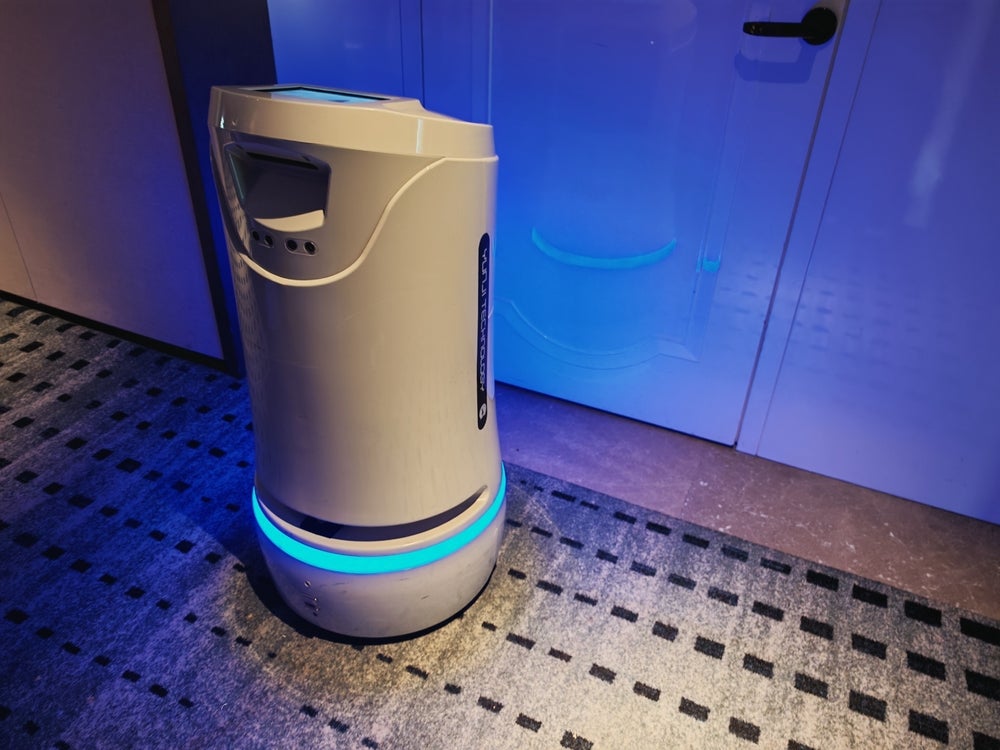
Today is World Vegan Day. With a 600% increase in people identifying as vegans in the US since 2015, there is no doubt that veganism is moving further into the mainstream.
Despite an increase in general awareness and the availability of vegan options in most food outlets, global production of meat has still doubled from 159 million tonnes in 1986 to almost 318 million in 2014. With the environmental impact of the meat and dairy industry now widely known, the industry is increasingly looking to technology to make adopting a vegan lifestyle manageable and economically viable.
From expanding the range of meat alternatives, to making living a vegan lifestyle easier to adopt, here are five ways technology is being used to support the growth of veganism, this World Vegan Day.
Vegan cryptocurrency
The last few years have seen numerous industries jump onto the blockchain and cryptocurrency bandwagon, and veganism is no exception.
Created by decentralised community platform VeganNation, Vegancoin allows “vegan-verified services” from an online marketplace to be paid for using the cruelty-free cryptocurrency.
The founders believe the platform will allow a fully transparent system, meaning users can be sure than a product is cruelty-free. This is intended to enable veganism to “have a bigger impact on pressing global issues and make the vegan lifestyle more approachable and attainable”, as well as uniting the estimated 300 million vegans worldwide on one platform.
The Initial Coin Offering (ICO) is expected to happen in December 2018.
Lab-grown meat
Also known as clean or synthetic meat, meat products created from in vitro cultivation of animal cells rather than live animals is creating a buzz in the food industry.
Although lab-grown meat is not yet commercial available, the market is set to hit $20m by 2027, and could make its way onto restaurant menus by the end of this year.
Some have also predicted that it could be a solution to the environmental impact of meat industry, as it has up to 96% lower greenhouse emissions than conventional meat production.
Startups in this field have received attention from the wider industry, with Tyson Foods investing lab-grown protein start-up Memphis Meat earlier this year, joining the likes of Bill Gates And Richard Branson in backing the company.
Although not technically vegan, the technology could be a game-changer for those seeking cruelty-free alternatives to meat products.
Vegan apps
As veganism grows in popularity, maintaining a vegan diet is easier than ever. However, as with any dietary requirement, options can sometimes be limited. This is where consumer technology has stepped in; with a whole host of apps now available designed to make finding vegan food simpler.
Founded in 1999, HappyCow is one of many apps designed to assist those looking for local plant-based restaurants or café. It has now developed into online hub, with over 250,000 users.
There is even an app specifically for airports, AirVegan, in which users can check if an airport sells vegan options in advance.
Another app, called Is It Vegan, makes it easier to make sense of food labelling, by allowing users to use their smartphone camera scan a product’s UPC code. The ingredients list is then analysed to determine whether the product is vegan.
Apps such as V Nutrition, created by The Vegan Society, make it easier for individuals to track what they are eating, and ensure that they are having a nutritionally balanced diet.
Vegan alternatives to leather
Ethical consumers are becoming increasingly aware of the fact that many so-called vegan fashion brands may in fact be environmentally damaging, with many brands still using plastics in their products.
Several startups are seeking out vegan alternatives to cow hide, with solutions ranging from fruit, to cork, and even mushrooms.
Ethical fashion brand Bolt Threads has developed a technique using mycelium, the underground root structure of mushrooms. By growing mycelium cells and then compressing them, Bolt Threads has created a leather-like material.
The Cork Leather Company uses bark from cork oak trees, which is boiled and then treated to create a strong alternative to leather for “sustainably harvested fashion”.
Artificial Intelligence
Using a computer to determine whether something tastes good may seem counterproductive or even impossible, but one company believes that artificial intelligence can be utilised to systematically explore new ingredients that could be meat alternatives.
NotCo has created a computer programme called Giuseppe that can be used to identify which of the 250,000 edible plant species closely resemble molecular structure of meat or dairy products, and could therefore make viable alternatives.
The same technique can be used to find flavours that emulate the taste of non-vegan foods, making it possible to explore new ingredients at a faster rate than a human.
So far, the technology has been used to develop mayonnaise and scrambled egg alternatives, and is now being applied to meat-like products.







